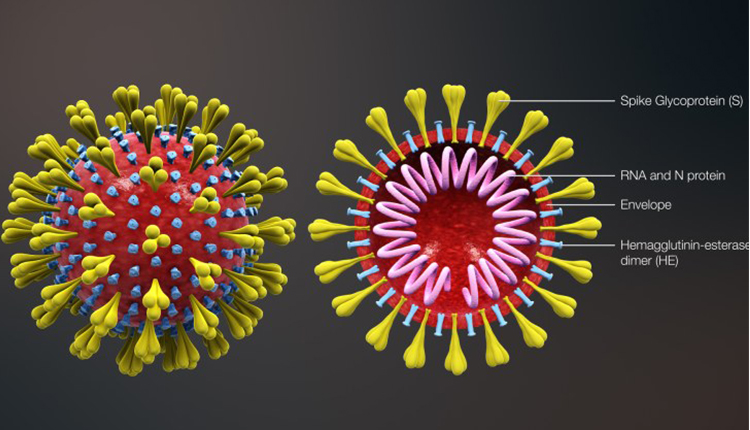According to the CDC, there is no evidence to support transmission of COVID-19 associated with food, Los Angeles Times reported on Wednesday.
Given the continued uncertainty and anxiety around coronavirus, the natural response is a desire to protect ourselves in every possible way. For many, that has meant washing produce with dish soap, antibacterial wipes, disinfecting sprays and other household cleaners.
There is only one word I need to address those practices: Don’t.
Because what we do know for certain is that cleaning products aren’t meant for human consumption. Yes, there was a viral video of a doctor doing it — but he has since taken it down and renounced the practice.
In a story I wrote about how to wash fruits and vegetables, I concluded with a quote from a food scientist who suggested the practice, and I regretfully left the option of doing the same up to you. I apologise for not explicitly stating that you should not, so I removed that quote and am emphatic about it now: Do not use dish soap or other household cleaners to wash your produce.
The FDA and USDA say you should not wash produce with soap; a peer-reviewed publication from UC Davis explains that antibacterial soap and dish detergent residues can remain on the produce.
Perhaps more convincing are messages from the companies and organizations that would financially benefit from increased soap and produce sales. In the material safety data sheet of Dawn dishwashing detergents, it states: “Ingestion: May result in nausea, vomiting and/or diarrhea.”
Max Teplitski, chief science officer of the Produce Marketing Association, instructs, “Wash produce only immediately before consumption. Do not spray it with household chemicals, do not wash produce with soap or laundry bleach.” Laundry bleach has additives not allowed for food contact or human consumption.
Additionally, Teplitski notes that there are “a number of peer-reviewed studies” that consistently show “there is no statistically significant difference in the removal of viral particles from produce surfaces using running water and scrubbing versus using food-grade surfactants (detergents).”
Also, just because the question has come in from numerous readers: If it is safe to wash my dinnerware with detergent, why is that same detergent not safe on lettuce and apples? The answer, to cut to the chase, is that you do not eat your plates and spoons and knives. Soap: safe for dishes, not for arugula.
If you’re still anxious about your produce, stick to what we do know for sure: Germs on fruits and vegetables are killed when cooked. And I promise you that cooked produce is delicious. You can roast it in the oven or stir-fry on the stovetop. Or, try any of these 10 easy dishes — and you can find a lot more recipes on our site.
